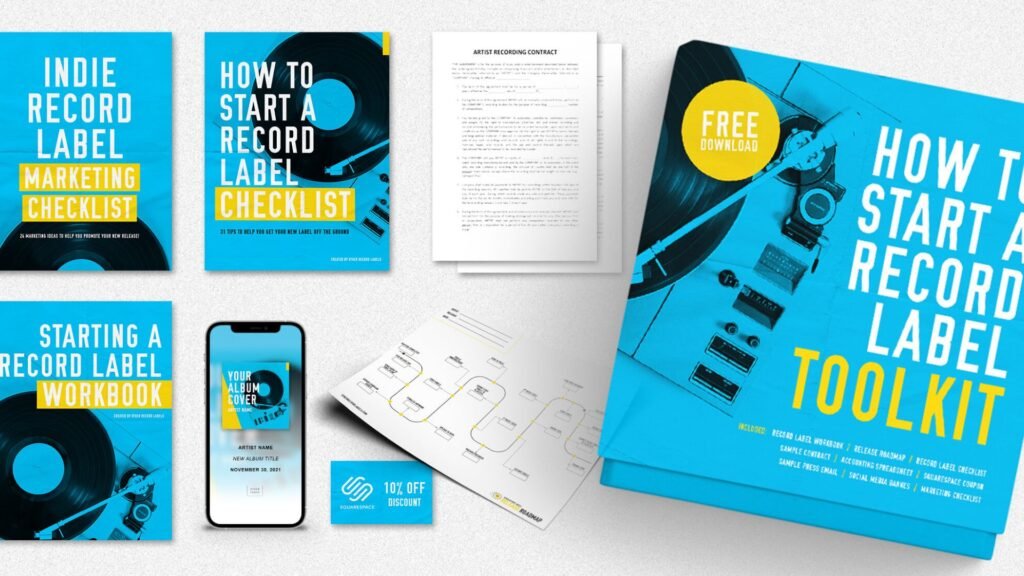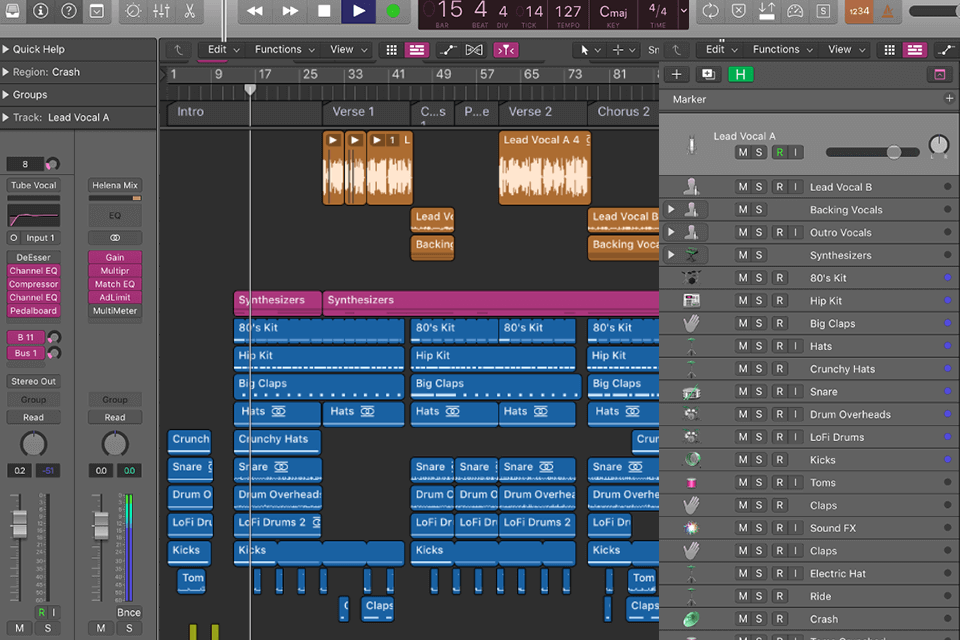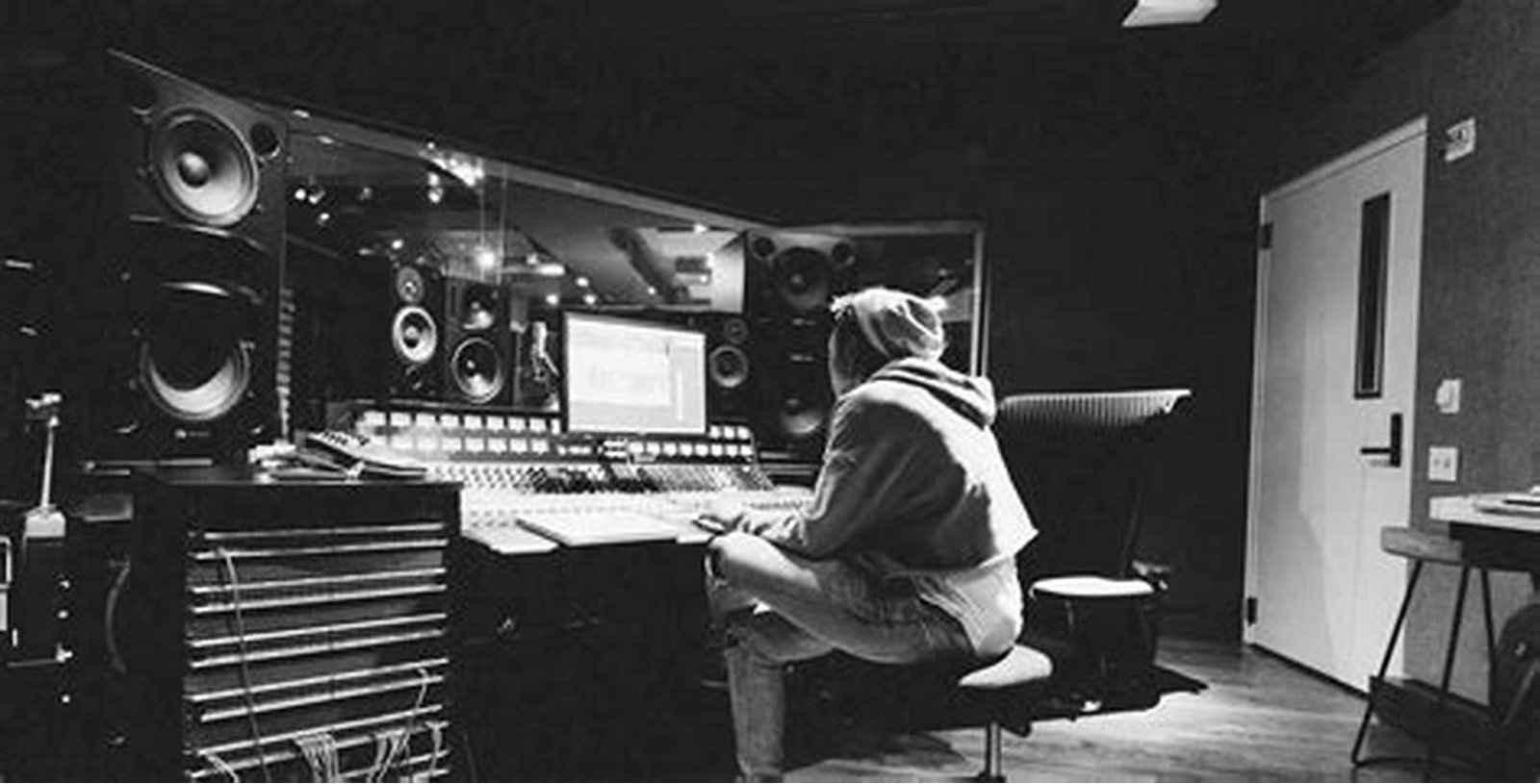In the music industry, building meaningful relationships with record labels and artists is a crucial step toward success. Whether you’re a music producer, songwriter, or aspiring artist, fostering connections can open doors to opportunities that might otherwise be out of reach. By focusing on trust, collaboration, and persistence, you can create lasting partnerships that benefit everyone involved.

Understand the Industry Landscape
Before approaching record labels or artists, familiarize yourself with the current music industry landscape. Research the genres and trends dominating the charts, and identify which record labels and artists align with your style and goals. Pay attention to key players in your chosen niche and study their work. This knowledge not only helps you tailor your approach but also demonstrates your commitment to the craft.
Network Strategically
Networking is one of the most effective ways to establish relationships in the music industry. Attend industry events, such as music conferences, showcases, and workshops, where you can meet record label representatives and artists in person. Use social media platforms like Instagram, LinkedIn, and Twitter to engage with professionals in your field. Comment on their posts, share their work, and show genuine interest in their projects. Building relationships is about forming genuine connections rather than seeking immediate benefits.
Create a Professional Online Presence
Your online presence is often the first impression you make on record labels and artists. Create a professional website or portfolio showcasing your work, achievements, and contact information. Ensure your social media accounts reflect your brand and highlight your skills. Post high-quality content regularly, such as music samples, collaborations, or insights into your creative process. A polished and consistent online presence makes you more approachable and credible.
Offer Value Before Asking for Favors
When reaching out to record labels or artists, focus on offering value. For instance, if you’re a producer, you could share a custom beat tailored to an artist’s style. If you’re an artist, consider how your music could complement a label’s current roster. Avoid making the interaction solely about what you want. Instead, demonstrate how working together can be mutually beneficial.
Build Relationships Through Collaboration
Collaboration is a powerful tool for forming connections. Partnering with emerging artists, fellow producers, or smaller labels can help you gain exposure and credibility. Collaborative projects allow you to showcase your skills while building rapport. Successful collaborations often lead to referrals, which can eventually bring you to the attention of larger record labels and prominent artists.
Communicate Effectively
Effective communication is vital when engaging with record labels and artists. Be concise and professional in your emails or messages. Personalize your outreach by referencing specific aspects of their work or recent achievements. Avoid generic templates, as they lack authenticity. Additionally, be patient and follow up respectfully if you don’t receive an immediate response. Persistence, when done tactfully, shows dedication without crossing the line into being overly pushy.
Be Consistent and Reliable
Consistency and reliability are key traits that record labels and artists value. Deliver on promises and meet deadlines. If you’re collaborating, be proactive and responsive to feedback. A strong work ethic and dependable reputation make you a desirable partner. Over time, these qualities will set you apart and encourage others to work with you again.
Leverage Social Proof and Testimonials
Social proof, such as testimonials and endorsements, can significantly enhance your credibility. Showcase positive feedback from previous collaborators, whether they’re artists, producers, or smaller labels. Highlight achievements like successful releases, awards, or media coverage. This demonstrates your ability to deliver quality work and makes you more appealing to record labels and artists.
Stay Open to Feedback and Growth
Building relationships involves a willingness to learn and grow. Be open to constructive criticism and use it to refine your craft. Record labels and artists are more likely to work with individuals who show adaptability and a desire to improve. Continuous self-improvement not only enhances your skills but also strengthens your professional relationships.
Conclusion
Building relationships with record labels and artists requires dedication, strategic effort, and authenticity. By understanding the industry, networking effectively, and offering value, you can create opportunities to collaborate and grow. Cultivating trust, being consistent, and staying open to feedback are essential components of forging long-lasting connections. With persistence and professionalism, you can navigate the competitive music industry and build partnerships that propel your career forward.








